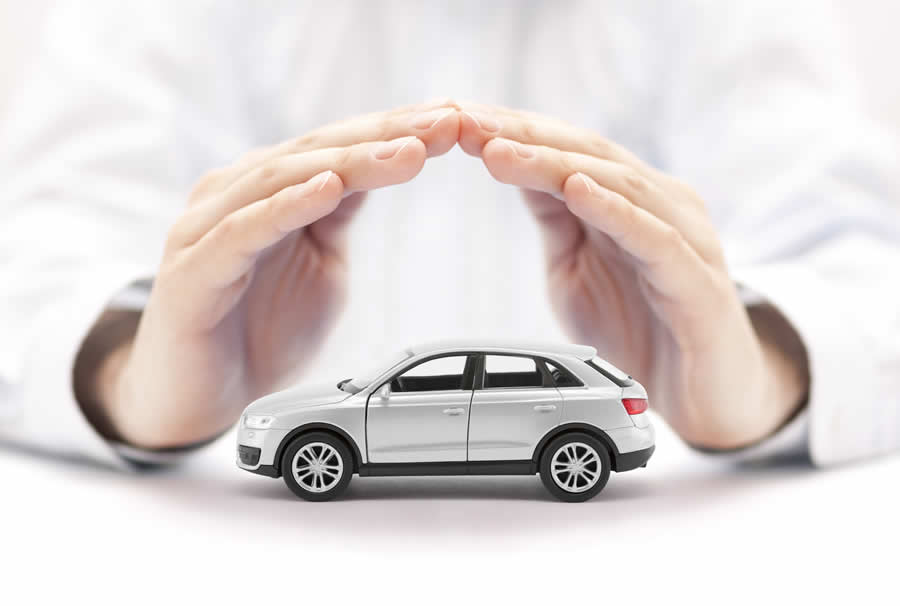What’s The Drink Drive Limit In Spain?
Summer, is once again upon us, too much heat, too many people, parties, reunions, bbqs etc, and of course trying to keep cool with your favourite chilled drink , or too many of them!!
In Spain, a country renowned for its culture of partying and festivities, there exists a sobering issue that poses a significant threat to public safety: drink driving.
Each year too many lives are tragically lost or seriously altered due to the reckless decision of getting behind the steering wheel while under the influence of alcohol.
According to a report by the Directorate-General for Traffic (DGT), approximately 30 to 50 percent of fatal accidents in Spain involved drunk drivers.
The risk of an accident escalates proportionally with an individual’s blood alcohol concentration. As the alcohol content in the bloodstream rises, so does the likelihood of a collision.
For instance, with a blood alcohol level of 0.5 grammes of ethanol per litre of blood, the risk of a crash doubles, while at 0.8 g/l, it increases fivefold. This risk is further compounded in young drivers or those with limited driving experience, increasing the potential dangers on the road.
This article aims to give you the information you need about the legal limits, thus avoiding nasty surprises!!
Legal Limits:
The legal limit for alcohol in Spain is 0.5 grammes of alcohol per litre of blood (equivalent to 0.25 milligrammes of alcohol per litre of exhaled air).
For drivers with less than two years of driving experience or professional drivers, the limit is reduced to 0.4 grammes of alcohol per litre of blood (0.15 milligrammes per litre of exhaled air).
Individuals under the age of 18 are prohibited from using e-scooters or mopeds if they have consumed any amount of alcohol.
The Directorate-General for Traffic (DGT) emphasises that even below the legal limit, the risk of an accident may still be increased, and the only truly safe limit is 0.0 grams per litre.
Number of Drinks and Blood Alcohol Level:
For Women (weighing 50-70kg):
Beer: Only one 330ml bottle of beer is considered safe, while two or more exceed the limit.
Wine: One 100ml glass of wine is acceptable.
Vermouth: One 70ml glass of vermouth is safe, but a second glass approaches the limit, and a third exceeds it.
Spirits : Drinking one 45ml glass of liquor is permitted, but a second glass may exceed the limit.
Mixed Drinks: Even one mixed drink containing 50ml of alcohol, such as a gin and tonic, can potentially surpass the legal limit.
For Men (weighing between 70-90kg):
Beer: One 330ml beer is considered safe, but a second beer brings you closer to the limit and a third exceeds it.
Wine: Two 100ml glasses are permissible, but a third glass approaches the limit. Similar guidelines apply to vermouth.
Spirits: Two 45ml glasses are acceptable, except for brandy, where one glass is safe, but a second pushes you near the limit.
Mixed Drinks: One 50ml glass of a mixed drink, such as gin and tonic or rum and coke, is deemed safe, but additional consumption may exceed the limit.
Factors Affecting Blood Alcohol Level:
Drink Type: The type of alcoholic beverage affects blood alcohol level, with fermented drinks like beer or wine being absorbed more slowly than distilled spirits like gin, rum, or whiskey. Mixing alcohol with fizzy mixers can accelerate alcohol absorption.
Age: Alcohol tends to affect individuals below 18 and those over 65 years of age more, so they should either consume less or refrain entirely from driving after drinking. New drivers, regardless of age, are also at higher risk.
Drinking with or without Food: Drinking on an empty stomach is not a good idea, and it is advised to consume food alongside alcohol, I never drink without something to eat!!
Time of Day: Elimination of alcohol from the bloodstream is slower during sleep, so consuming alcohol right before bed can lead to a positive breathalyser test the following morning.
Personal Circumstances: Factors such as fatigue, stress, or illness can affect blood alcohol levels when consuming alcohol.
Fines and Penalties:
Blood alcohol levels between 0.25mg/l and 0.50mg/l result in a 500 euro fine and the deduction of four points from the driver’s licence.
Blood alcohol level between 0.50mg/l and 60mg/l incurs a penalty of 1,000 euros and a deduction of six points from the driver’s licence
Blood alcohol levels over 60mg/l may lead to imprisonment for three to six months, one year of community service, and a licence suspension ranging from one to four years.
Repeat offenders with blood alcohol levels below 60mg/l are fined 1,000 euros and have four or six points deducted from their licence, depending on the level.
Refusal to take a breathalyser test can result in a prison sentence of six to twelve months and a licence suspension of one to four years.
Popular myths such as consuming coffee, oil, exercising, chewing gum, or smoking excessively do not effectively reduce blood alcohol levels, as stated by the DGT.
So now you know, very sobering!!
Have a good Summer, and safe driving
Franco Valori
Hermanos Chorro
For any more information regarding Insurance, phone me, Franco Valori, on 670 745 330
Article brought to you by:-
Franco Valori
Hermanos Chorro
Insurance Brokers
Nº Reg. Correduría: VS-98-0130
Telf. 96 579 60 71









